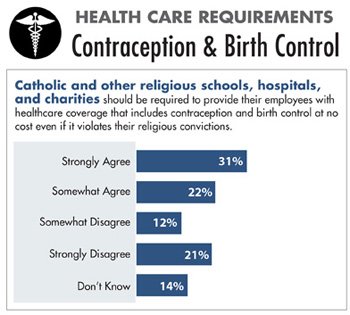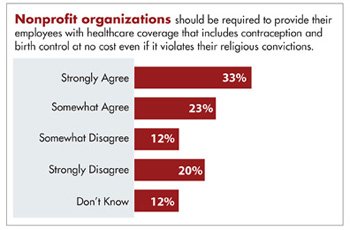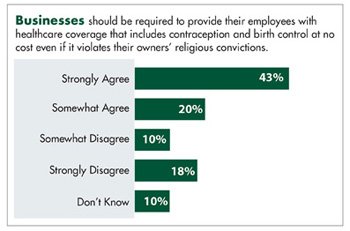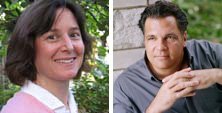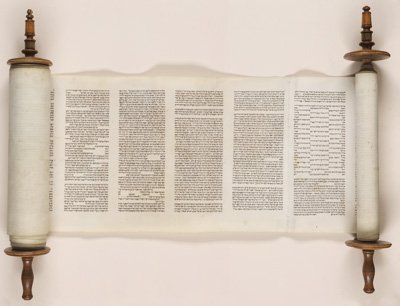Giglio out of inauguration
An evangelical preacher withdrew acceptance of his invitation to pray at President Obama’s inauguration after coming under fire when an old sermon denouncing homosexuality circulated on the Internet.
WASHINGTON (ABP)—An evangelical preacher withdrew acceptance of his invitation to pray at President Obama’s inauguration after coming under fire when an old sermon denouncing homosexuality circulated on the Internet.
A day after the White House announced the invitation to Passion Conference founder Louie Giglio, the liberal blog Think Progress linked to one of the Baptist preacher’s archived sermons from the 1990s titled “A Christian Response to Homosexuality.”
“Homosexuality is not an alternate lifestyle,” Giglio is heard saying in the sermon audio. “Homosexuality is not just a sexual preference. Homosexuality is not gay. Homosexuality is sin. It is sin in the eyes of God and it is sin according to the word of God.”
Giglio said the sermon was “not intended to be a homophobic attack on those who are in the homosexual lifestyle that would maybe foster fear or intolerance” but to address “a critical subject for our world.”
He referenced as a current event a Hawaii court ruling that the state’s refusal to grant marriage licenses to same-sex couples is discriminatory, adding that recognizing gay marriage would “run the risk of undermining the whole order of our society.”
Giglio urged compassion for individuals struggling with same-sex attraction but warned about an “aggressive element in the homosexual movement” seeking to normalize homosexuality.
“You’ve got to be able to respond lovingly yet firmly to this aggressive element in the homosexual community,” he said. “And I dare say you’ve got to be willing to be called an intolerant bigot or a homophobe in our society, because you will. I daresay as a result of sharing this talk I will.”
Negative reaction to Giglio’s comments was reminiscent to four years ago when the inaugural committee stood by a similar invitation to Rick Warren, a Southern Baptist mega church pastor criticized for his support of California’s Proposition 8 aimed at prohibiting gay marriage and comparing same-sex marriage to incest or pedophilia in a media interview.
Giglio, 54, grew up attending First Baptist Church in Atlanta and got his M.Div. from Southwestern Baptist Theological Seminary in Fort Worth. In 1985, he began Choice Ministries as a campus-based student ministry at Baylor University in Waco. After 10 years, he and his wife, Shelley, moved to Atlanta, where he organized the first Passion gathering in 1997.
The most recent Passion Conference, Jan. 1-4, drew 60,000 18-to-25 year-olds to the Georgia Dome to listen to Christian rock music and sermons, while raising more than $3 million to fight human trafficking.
He reportedly got on the inaugural committee’s radar for his advocacy against human trafficking.
“We were not aware of Pastor Giglio’s past comments at the time of his selection, and they don’t reflect our desire to celebrate the strength and diversity of our country at this Inaugural,” the Presidential Inaugural Committee said in a statement to media. “As we now work to select someone to deliver the benediction, we will ensure their beliefs reflect this administration’s vision of inclusion and acceptance for all Americans.”


